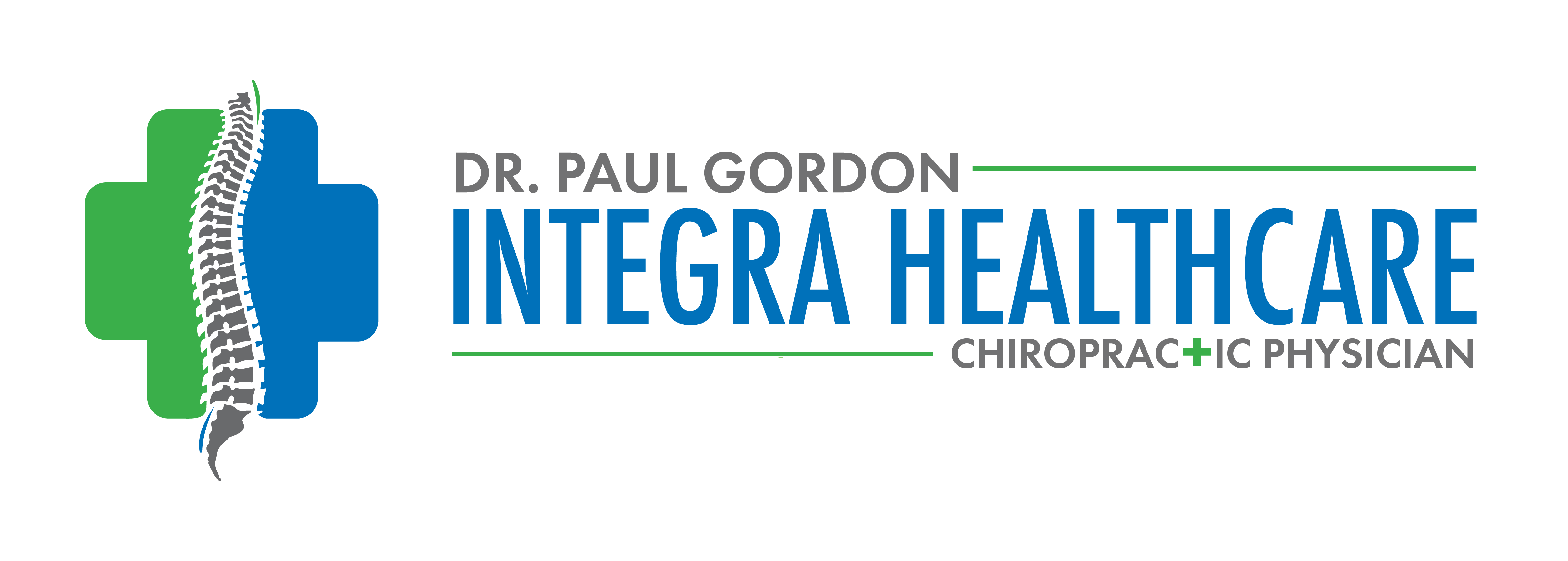
What Chiropractic Patients Ought To Know About Whole Food Supplements vs. Synthetic
We always eat our vegetables, drink our kale smoothies, and tear through a bag of fruit on a daily basis, right? Uh, sure, whatever.
The truth is most Americans are busy and make dubious dietary choices. Meat heavy, overly processed, and vegetable skimpy most like describes our meals. Some of us try to counterbalance our imperfect eating choices by taking vitamin supplements to help fuel our bodies with the proper nutrients.
Roughly half the U.S. population takes some form of vitamin supplements. We understand vitamins and minerals help protect our muscles, bones, and joints, keeps our skin and hair healthy, and boosts our immune system.
Choosing a supplement regimen seems like a healthy trend, because of our perception they are good for us. How accurate is that, really?
The answer depends on the type of supplements you choose, as they vary widely from one brand to the next, and labels don’t necessarily give insight as to their quality. A good standard of practice is to choose whole food vitamins over synthetic whenever possible.
Why is that? Here are a few points to remember about whole food vs. synthetic vitamins.
Like processed foods, synthetic vitamins are not naturally occurring. Whole food vitamins operate on the principle that natural is easier for the body to absorb and use, so it ends up offering greater benefits. A synthetic multivitamin may show everything you think you need on the label, but if your body isn’t absorbing it, then taking it does little good.
Another point is that natural supplements tend to be easier to absorb. Vitamins and minerals are absorbed by the body in complex ways, often taking one type of mineral for the other to be digested. Whole food vitamins are real foods in their entirety, supplying the body’s need for the vitamins we understand as well as the secondary ingredients that make up the food. Conversely, synthetic vitamins isolate each separate vitamin, so the overall result is less effective.
Finally, taking isolated nutrients can actually cause deficiencies. As shocking as this may sound to those of us who religiously pop extra vitamin C before we board a packed plane, it’s true.
When an isolated vitamin or mineral enters the body, it still demands other nutrients to be present in order to be digested and utilized. This requirement can pull those nutrients out of the body’s reserves, which, over time, can cause a deficiency of completely different vitamins. Whole food vitamins, on the other hand, don’t cause this, because everything they need to be used by the body is included, since it is a natural food.
If you use supplements to ensure you meet your dietary requirements, take a long look at the labels, and do your own research on the type of vitamins in your medicine cabinet. If they are synthetic, think about making a change to whole food vitamins for greater health benefits.
And remember that real food is best. No supplement, no matter how high quality or natural, beats eating a healthy variety of high quality organic foods. If your current diet is lacking in healthy, fresh foods, set a goal to add a few to your meals over the next few weeks.
Your body is the only one you will ever have, so it’s vital to take care of it. Empower yourself to stay strong and healthy longer by committing to eating healthy and exercising. If you decide to take supplements, choose the whole food options, and keep in mind they are no substitute for nutrient rich eating.
Leave a reply
Leave a reply